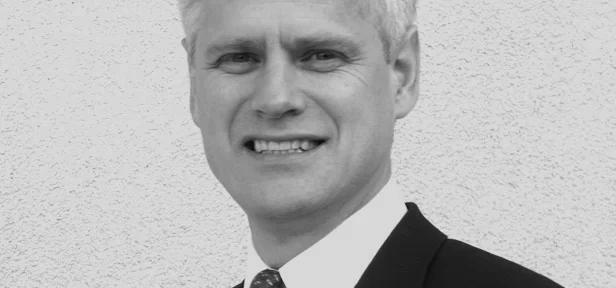The editorial board interviewed Robert Darlington, Director, Wealth Advisory, Barclaytrust (Suisse) SA about the report «The Transfer of Trust: Wealth and Succession in a Changing World».
Only 49 percent of Swiss wealthy trust the next generation to safeguard their wealth. Compared to other countries, Swiss wealthy have little confidence in their heirs. What could be the reasons for this?
Passing on wealth, values, and a legacy is at the heart of financial planning. It is clear that with wealth comes an increasing complexity of choice especially with respect to intergenerational transfer. For the Swiss in particular we saw high levels of concern about trust and even intra-familial conflict almost certainly due to these increasing complexities.
Understanding in advance the options for succession planning and seeking professional advice can help address these fears and provide confidence that the client's wealth will be wisely managed in the future.
Swiss wealthy fear lots of economic difficulties for the next generation. What are the most difficult challenges for the Swiss wealthy?
Caring for an ageing population was seen as the most important challenge facing the next generation. This reflects the fact that the average age of a European citizen is now 40 and that the proportion of the population aged 65 or older is expected to balloon to 23% by 2030. Economic turbulence, inflation and rising taxation, as well as employment opportunities were seen as the next most important challenges.
High net worth individuals are also concerned with preparing the next generation for what the future might hold. This takes the form of preparing them with the skills they need, but also with family values and financial stability to equip their children in the best way possible.
Globally, 60% of respondents said that they require a significant level of professional advice when deciding on an inheritance plan for their children and stepchildren, emphasising the need for expert advice to guide them through this decision-making process.
More than one quarter of the Swiss wealthy have experienced family conflict as a result of wealth. What are the most frequent reasons for these conflicts?
An unfortunate drawback of wealth is its ability to cause conflict – and in the context of succession – family conflict. The report reveals that nearly 28% of Swiss wealthy have had direct experience of family wealth leading to disputes, with the wealthier respondents more likely to have encountered such conflict.
One reason for family conflict as a result of family wealth is a multi-faced family structure. A rise in second and third marriages can lead to children from different marriages competing, not just against each other, but against second or third wives. Tensions around entitlement may also lead to disputes, along with the complexity of modern family life with family members, properties and businesses spread across multiple jurisdictions.
However despite all the potential tensions associated with succession and wealth, the report shows that the world’s wealthy remain committed to passing on their assets to the next generation, with only 4% of Swiss respondents believing that this should not be the case.
There are a number of different ways to transfer wealth to the next generation, but one of the most common instruments used is a will, and 70% of wealthy Swiss currently have one in place. Yet, once a will is in place, it is important not to have an attitude of «set it and forget it.» Quite the opposite actually, and many wealthy Swiss surveyed agree. Nearly a quarter of Swiss respondents have revised their wills at least once and over ten percent have revised them three or more times. Globally, the primary trigger for a will revision is increase in wealth.
You conclude that the key for financial happiness is earned money opposed to inherited wealth.
Most people are sceptical of the idea that money leads to happiness, but recent studies clearly show that money and happiness are more closely and directly linked than previously thought. Interestingly, there is a stronger correlation between earning money and contentment - that actually earning wealth, rather than inheriting it, seems to boost financial happiness.


